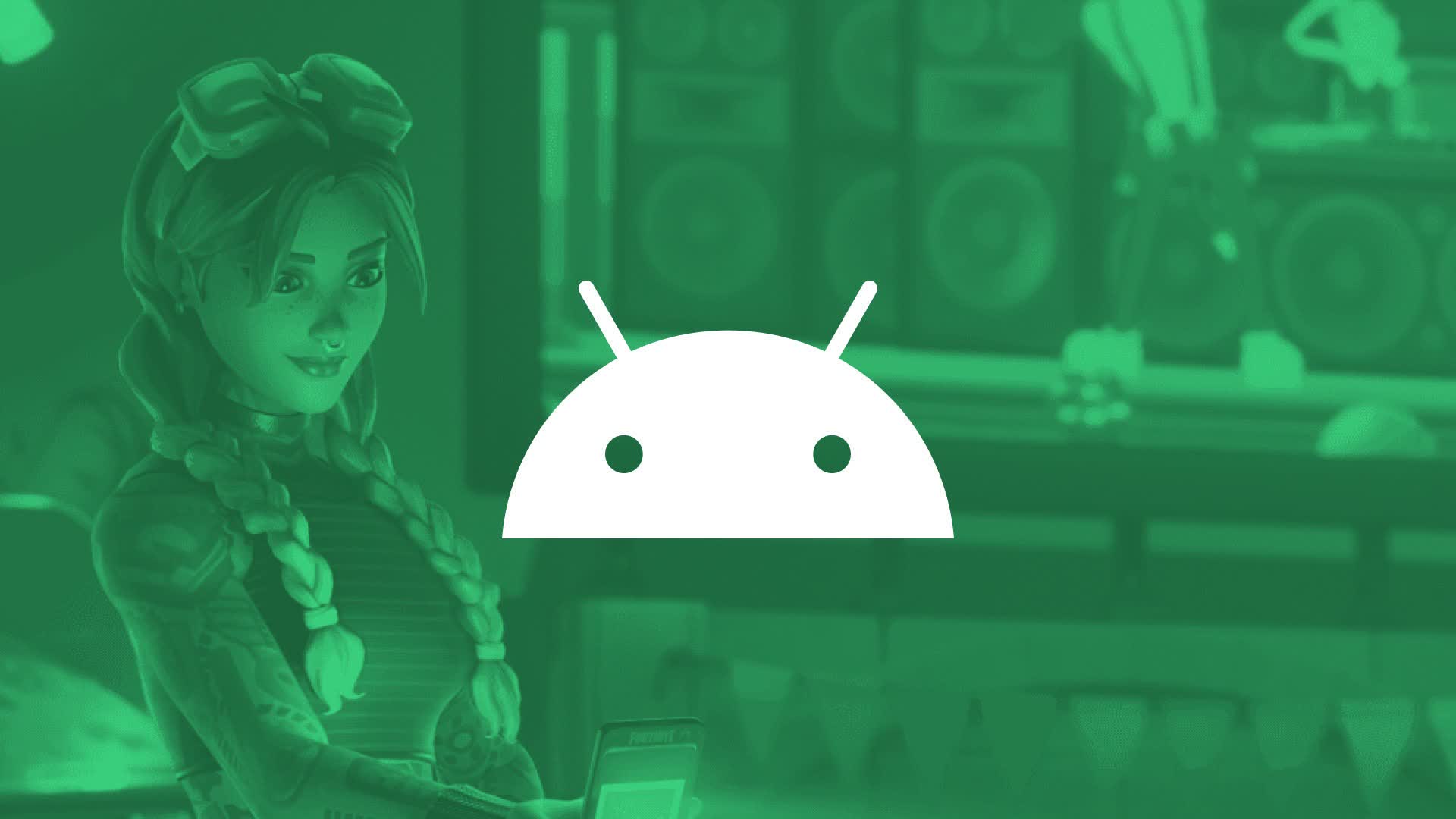In brief: While Google's Play Store distributes most Android apps, the mobile operating system is technically an open platform. Google doesn't outright stop users from installing apps from outside its store, but Epic has accused it of discouraging the establishment of rival app stores.
Court filings from this week shed more light on Epic's claims that Google paid other companies to prevent them from starting independent app distribution channels. Such alternative app stores would circumvent Android's Google Play Store and its 30 percent sales commission, which Epic has done since Google kicked Fortnite off the storefront.
Epic's ongoing legal fight with Google claims the search giant paid Activision $360 million to keep the Android versions of its games like Candy Crush exclusive to the Play Store. Google also allegedly entered a similar deal with Nintendo, Ubisoft, and League of Legends maker Riot Games, paying Riot $30 million. Epic considers the Play Store's centrality to the Android platform a monopoly.
The allegations came from a newly unredacted version of its antitrust lawsuit against Google. Activision corporate affairs EVP and COO Lulu Cheng Meservey flatly denied Epic's statement, saying Activision has already delivered testimony and documents countering these accusations.
Epic is accusing Activision Blizzard's partner Google of paying us not to compete with them.
--- Lulu Cheng Meservey (@lulumeservey) November 17, 2022
To be clear: that's false.
Google never asked us, pressured us, or made us agree not to compete with them - and we've already submitted documents and testimony disproving this nonsense.
Last year, Epic quoted Google's internal communications mentioning deals to pay companies to head off competition to the Play Store. The company considered buying some or all of Epic to fight its lawsuit. Its plan, dubbed "Project Hug," also involved paying partners for YouTube posts and awarding them credits towards Google ads and cloud services.
Meanwhile, a quasi-related legal battle between Epic and Apple has recently entered a new phase. Last year, a US District Court judge ruled mostly in favor of Apple after Epic claimed the company's app store constituted a monopoly on iOS software distribution. Both companies appealed the ruling, and the case entered appeals court this week, starting with oral arguments.
On the other side of the pond, European Union regulations may eventually push mobile ecosystems toward Epic's desired position regardless of a US court ruling. The EU recently enacted its Digital Markets Act, which could force Apple and Google to make their walled gardens more open over the next few years.
Friction between Epic, Apple, and Google has gotten Fortnite kicked off both mobile app stores. Playing Fortnite natively on Android requires downloading Epic's launcher or getting it from the Samsung Galaxy store. On Apple's iOS, it's only accessible through cloud gaming services like Xbox Cloud Gaming and GeForce Now.
